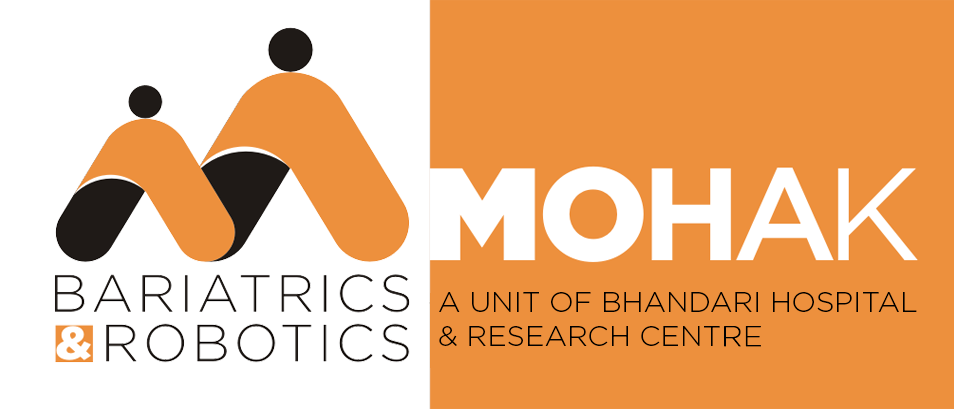The concept of intermittent fasting has been into controversy since the beginning. It is claimed as a fitness fad or maligned as a not so real potential health hazard. Such clashes in opinion and experiences of people make it hard to understand if intermittent fasting is worth trying and how to do it.
After so many talks about intermittent fasting, it becomes essential to know whether it is recommended after bariatric surgery. According to a few pieces of research in this field, intermittent fasting has benefits if done correctly. But before you decide on doing intermittent fasting after surgery, you should know what it is precisely and how it is practised.
Here’s a quick primer-
What is intermittent fasting?
Intermittent fasting is a practice of setting times for fasting and eating. You can schedule the time for this during a day or spreading it over a week. It is one of those few diet plans that does not put restrictions on what you can eat, but on when to eat.
One approach to intermittent fasting is one-day fasting and one-day eating, which means that food intake is completely restricted for a day, and this trend continues. Fasting day is followed by another 24 hours of feeding day.
Is Intermittent Fasting safe after Bariatric Surgery?
Weight loss surgery doesn’t only help in losing excess weight but also reduces the risk of developing other deadly diseases like heart problems, stroke, high blood pressure, diabetes, and hypertension. But if you practice intermittent fasting post-bariatric surgery, the positive results of it will be compromised as your body needs vitamins, fluids, nutrients and proteins after the surgery.
“Intermittent fasting is not recommended after bariatric surgery since food intake is surgically restricted already”, Dr Bhandari said. “Patients are advised to take a high protein diet and eat regularly scheduled meals in reduced quantities.”
For patients who had undergone bariatric surgery recently, a prolonged fast – and even an improperly managed short-term fast-could increase the risks of inadequate nutrition intake, dehydration, nausea and vomiting.
It is recommended to make healthy lifestyle changes after weight loss surgery, to maintain the lost weight. But since the dietary intake is already limited due to the surgery, it’s not beneficial to start taking any type of diet, including intermittent fasting.
For more consultation, call on- 6232012342
